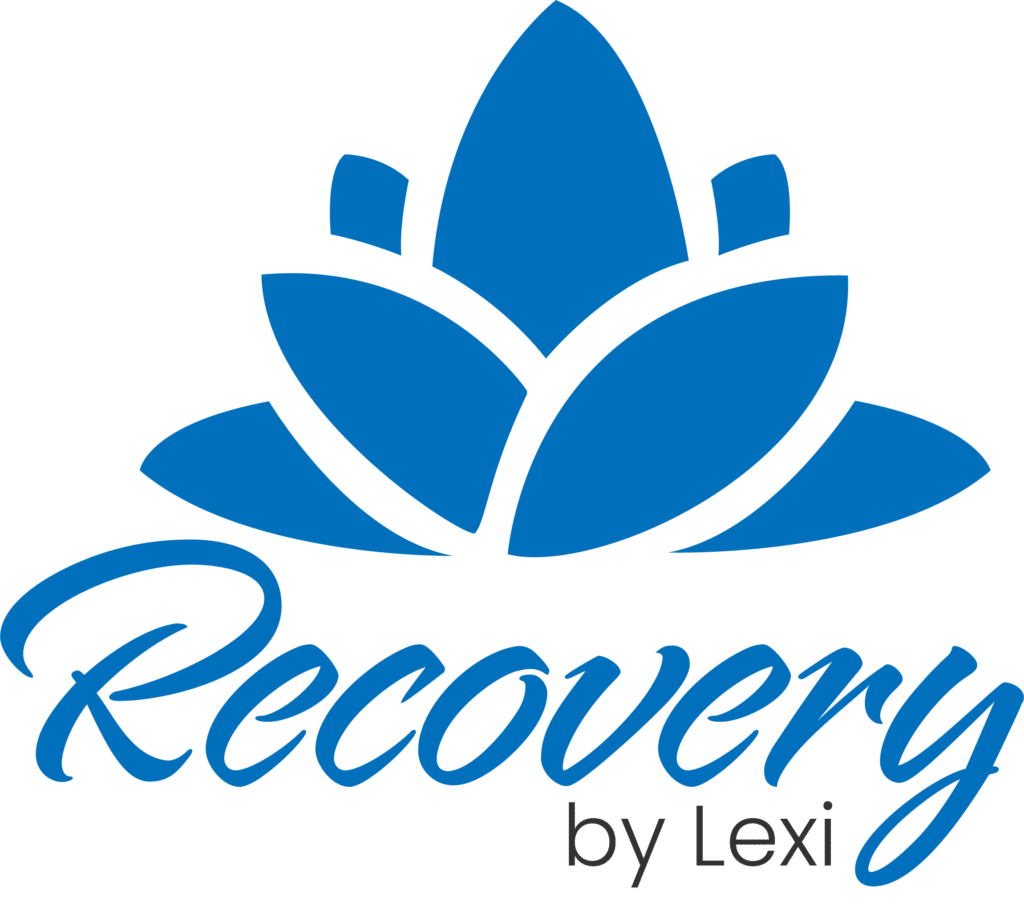It’s about healing the mind, body, and spirit. That’s where mindfulness comes in.
Mindfulness is a powerful tool that can transform your recovery journey by helping you stay grounded, focused, and at peace, no matter what life throws your way.
If you’re new to mindfulness or unsure how it fits into your recovery plan, don’t worry. I’m here to break it down for you and show how this practice can be a game-changer for long-term healing.
What Is Mindfulness?
Mindfulness is simply the practice of being fully present and engaged in the current moment, without judgment. It’s about noticing your thoughts, feelings, and sensations as they arise—and allowing them to pass without getting caught up in them.
Instead of reacting to life’s challenges from a place of stress or old habits, mindfulness helps you respond with calm and clarity. It’s about being aware of what’s happening right now—without obsessing about the past or worrying about the future.
How Mindfulness Supports Recovery
Mindfulness can be an essential part of your recovery toolkit. Here’s how it directly benefits your healing journey:
1. Reduces Stress and Anxiety
In recovery, stress and anxiety can be major triggers for relapse. When life feels overwhelming, old coping mechanisms—like using substances to numb emotions—can seem tempting. Mindfulness helps break this cycle by teaching you to stay calm and centered in the face of stress.
By practicing mindfulness, you can:
- Reduce the intensity of emotional reactions.
- Manage anxiety before it snowballs into something more overwhelming.
- Train your mind to focus on the present, instead of spiraling into past regrets or future fears.
2. Increases Emotional Awareness
Recovery is a journey of emotional healing. Often, we use substances to avoid or numb difficult feelings. But the only way to truly heal emotionally is to feel and process our emotions, not run from them.
Mindfulness helps you:
- Become aware of your emotions as they arise.
- Observe them without judgment (whether those emotions are positive or negative).
- Respond mindfully instead of impulsively acting out in ways that could jeopardize your recovery.
The more you practice being present with your emotions, the easier it becomes to process them in healthy ways.
3. Strengthens Self-Control and Impulse Management
In recovery, one of the biggest challenges is resisting cravings and impulses. Whether it’s a desire to use substances, a toxic behavior, or a bad habit, mindfulness helps you break the automatic, knee-jerk reactions that have fueled those behaviors in the past.
Mindfulness teaches you to:
- Pause before reacting to cravings or urges.
- Observe the urge without acting on it.
- Choose a response that aligns with your values and recovery goals, instead of falling into old patterns.
By creating a space between the trigger and your reaction, mindfulness helps you exercise control over your actions.
4. Enhances the Ability to Stay Present
One of the most challenging aspects of recovery is not getting caught up in the past or future. Thoughts about mistakes, regrets, or future “what-ifs” can easily pull you away from the present moment.
Mindfulness helps you:
- Stay grounded in the here and now, rather than ruminating about past failures or fearing what’s ahead.
- Focus on the small, positive things in your day-to-day life—no matter how small they may seem.
- Find peace in the present, which can dramatically improve your mental and emotional well-being.
When you’re able to live in the present, you’re better able to enjoy the simple joys of life and appreciate how far you’ve come in your recovery.
Mindfulness Practices to Try in Recovery
You don’t need to be an expert meditator to benefit from mindfulness. Here are some simple, accessible mindfulness practices that can support your recovery:
1. Mindful Breathing
Focus on your breath—inhale for four counts, hold for four counts, and exhale for four counts. This simple practice can help you reduce stress, calm your mind, and center yourself in moments of overwhelm.
2. Body Scan Meditation
Slowly bring your awareness to each part of your body, from your toes to the top of your head. Notice any sensations, tension, or discomfort. This practice helps you reconnect with your body and promotes relaxation.
3. Mindful Walking
Take a walk and focus on the physical sensations of movement—feel your feet on the ground, notice your surroundings, and listen to the sounds around you. This can be a grounding practice when you’re feeling restless or triggered.
4. Daily Gratitude Practice
Take a few minutes each day to reflect on what you’re grateful for. It helps shift your focus from what’s not going well to the things that are going right—and promotes a positive mindset in recovery.
Final Thoughts: Mindfulness Is a Lifelong Practice
Mindfulness is a skill you build over time, and like any skill, it gets stronger with consistent practice. It’s not about being perfect; it’s about becoming more aware and present, one moment at a time.
In recovery, mindfulness can help you find peace, build resilience, and stay true to your journey—no matter what challenges arise. When you learn to embrace the present moment, you create space for healing and growth, and you strengthen your ability to live a sober, fulfilling life.
